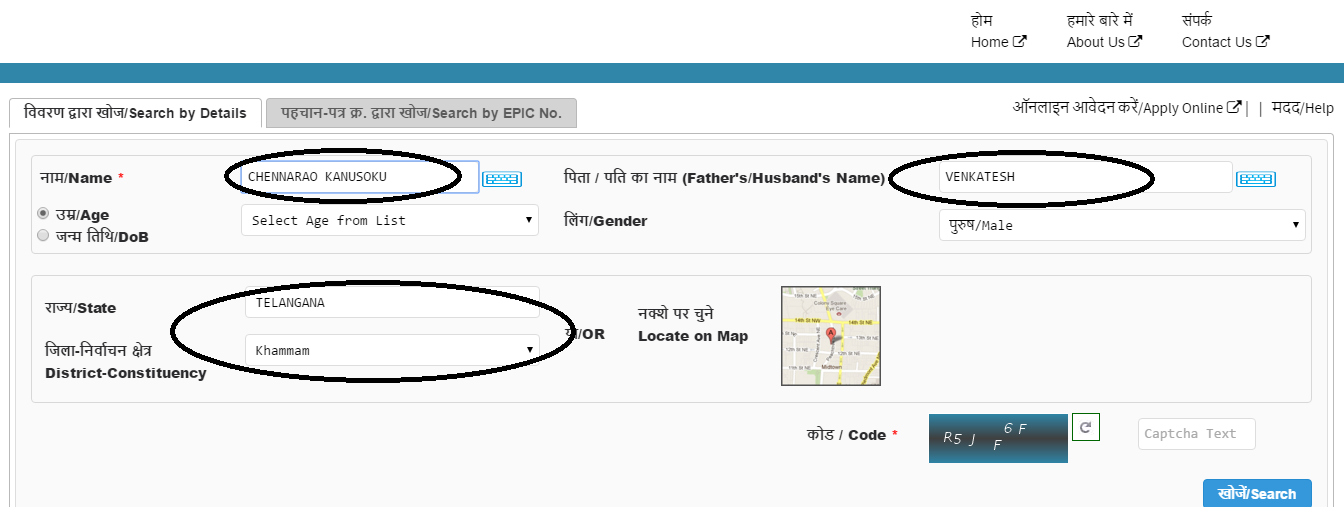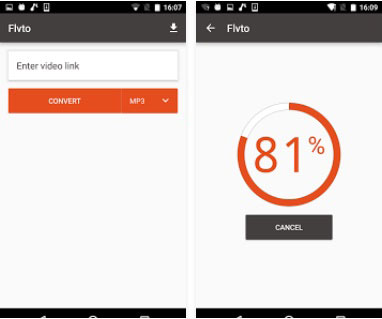How To Get Voter Card
Posted : admin On 4/8/2019Giving false information on an application for voter registration is perjury, punishable by imprisonment for up to 10 years, and a violation of the election laws, punishable by a fine of up to $1,000, or by imprisonment for up to 5 years, or both. When registering in person, applicants are required to present a form of personal identification. A voter can also register to vote by mail by completing a post card voter registration application. You can request a voter registration application from the local election authority or from our website. Within 7 days. Want to check your full voter id card details?Here is the quick way to view your complete voter card details including your Voter card number (EPIC number). To get duplicate voter card you need to give your EPIC number details which is your ID number.
Election Identification Certificate (EIC)
For general information regarding voting in Texas please see VoteTexas.gov.
On August 10, 2016, identification requirements for voting in Texas changed. For information regarding required identification for voting in person please visit the Texas Secretary of State.
One form of identification that can be used for voting purposes is an Election Identification Certificate (EIC). You may apply for an EIC at no charge. However, if you already have any of the following forms of ID, you are not eligible for an EIC:
- Texas driver license—unexpired
- Texas personal identification card—unexpired
- Concealed Handgun License (CHL) or License to Carry (LTC)—unexpired
- U.S. passport book or card—unexpired
- U.S. Military identification with photo— unexpired
- U.S. Citizenship Certificate or Certificate of Naturalization with photo
Texans can obtain an EIC at:
- Any of the more than 225 Texas driver license offices during regular business hours throughout the year
- Alternate approved locations issuing only EICs in select counties
How to Apply
To apply for an EIC, visit a driver license office and complete an Application for Texas Election Certificate (DL-14C) (PDF) Application for Texas Election Certificate (Spanish) (DL-14CS) (PDF).
To qualify for an EIC, you must:
- Bring documentation to the office to verify your U.S. Citizenship
- Bring documentation to the office to verify your Identity
- Be eligible to vote in Texas (Bring your valid voter registration card to the office, or submit a voter registration application through the Texas Department of Public Safety at the office)
- Be a Texas resident
- Be 17 years and 10 months or older
The information on the documents, such as name and date of birth, must all match. If the name is different on each document, then the individual must provide documents that verify a legal name change. If other information on the document is different, speak with a Customer Service Representative for assistance.
How To Get Voter Card Online
If you are using a name other than what is on your birth certificate, (example: married name), you will be required to show legal documentation of name change. Documents must be original or certified copy. No photocopies can be accepted.
Acceptable documents:
- Marriage license
- Divorce decree
- Original or certified copy of a revised birth certificate
- Court ordered name change
- Department of State Health Services marriage verification letter
Fingerprints are not taken and warrant checks are not conducted on persons applying for an EIC.
Expiration and Use
An EIC is valid for six years. There is no expiration date for certificates issued to citizens 70 years of age or older.
Election Identification Certificates may only be used for voting purposes. An EIC will not be accepted to verify identity when applying for a Texas driver license or ID card.

For general information regarding voting in Texas please see VoteTexas.gov.
Since 2006, more than 30 states have enacted voter ID laws requiring voters to present some form of identification at the polls in order to vote. These laws vary from state to state with regard to what kind of identification is acceptable and whether a provisional ballot may be cast if the voter does not have the proper ID with her. Voters in states that require specific kinds of photo ID, can obtain a government-issued voter ID card prior to voting.
Get Replacement Voter Registration Card
Pros and Cons of Voter ID Laws

Advocates of voter ID laws contend that they protect against voter fraud. Since voters without proper ID can obtain a free voter ID card from the state, proponents say the laws present no significant obstacles to voting. Critics, however, maintain that minority, low-income and elderly voters are the most likely not to have the proper ID. These individuals would have to take unpaid time off from work to obtain the voter ID. Also, low-income or elderly voters may not have copies of the necessary proofs of identity, such as a birth certificate, which they would have to pay to obtain. This amounts to a poll tax, according to critics.
Acceptable Forms of Voter Identification

Acceptable forms of ID vary from state to state. States like Alabama and Rhode Island require a photo ID such as a driver's license, passport, military ID or current university student photo ID card, though some states won't accept student ID cards. States like Arizona and Montana accept identifying documents like recent utility bills or bank statements with the voter's name and address. Twenty states, including California, Iowa and New Mexico, currently don't require registered voters to present identification at all. North Carolina, which currently has no ID requirement, passed a new voter ID law that goes into effect in 2016, while Wisconsin's 2011 law was struck down by a federal judge in 2012. There is no ID requirement in Wisconsin while an appeal of the case is pending.
Brought to you by Sciencing.com
Brought to you by Sciencing.com
Obtaining a Voter ID
If you don't have an acceptable form of ID for your state, you can obtain a free government-issued photo ID for the purpose of voting. Most voter ID cards are issued through the state agency that issues driver's licenses, such as the Department of Motor Vehicles or the Department of Transportation. You will need to fill out an application supplied by the government agency and present one or more documents proving your identity. In Texas, voter ID applicants are also fingerprinted.
Proof of Identity, Residency and Citizenship
Acceptable documents to prove your identity, residency and citizenship also differ from state to state, so check with your state before applying. Some typical documents to prove identity or citizenship include a U.S. birth certificate, a Social Security card, a non-expired passport or a Certificate of Naturalization. Some states, like Kansas and Indiana, require you to prove residency. Acceptable documents may include recent utility bills, W-2s or pay stubs. All documents must be original or certified copies.
